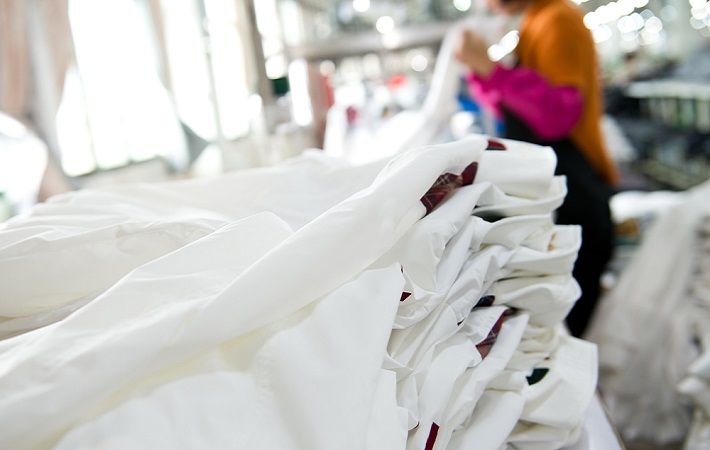
When asked about measures beyond mask wearing and social distancing, only 47 per cent of respondents told that their factories had taken additional steps to prevent COVID-19 infections. Among that 47 per cent, 83 per cent thought that the additional measures taken were adequate.
Asked how much money they expected to receive in their next paychecks, some 63 per cent of respondents thought they would be paid the same. But 19 per cent were not sure how much they would be paid, while 16 per cent reported that they were afraid of earning less than normal.
Only 1 per cent workers expected to earn more than normal, due almost entirely to having worked more overtime. Of the 16 per cent workers who might earn less, 75 per cent felt the lower pay would be related to lockdown.
Regarding coping strategy, the highest 18 per cent selected the option to cut back on food expenses, and 13 per cent money transfers from family outside the household. Twelve per cent would rely on transfers from friends outside the household, and 9 per cent said they would dip into savings.
The survey, titled ‘Garment Worker Diaries’, was conducted through interviews over phone with a pool of 1,278 garment workers on their working conditions, income, expenditure, food security, wage digitisation and health, according to Bangla media reports.
As part of the initiative, SANEM and MFO collected monthly data of the workers, employed in factories across the five main industrial areas—Chittagong, Dhaka City, Gazipur, Narayanganj and Savar—since April 2020.
Fibre2Fashion News Desk (DS)